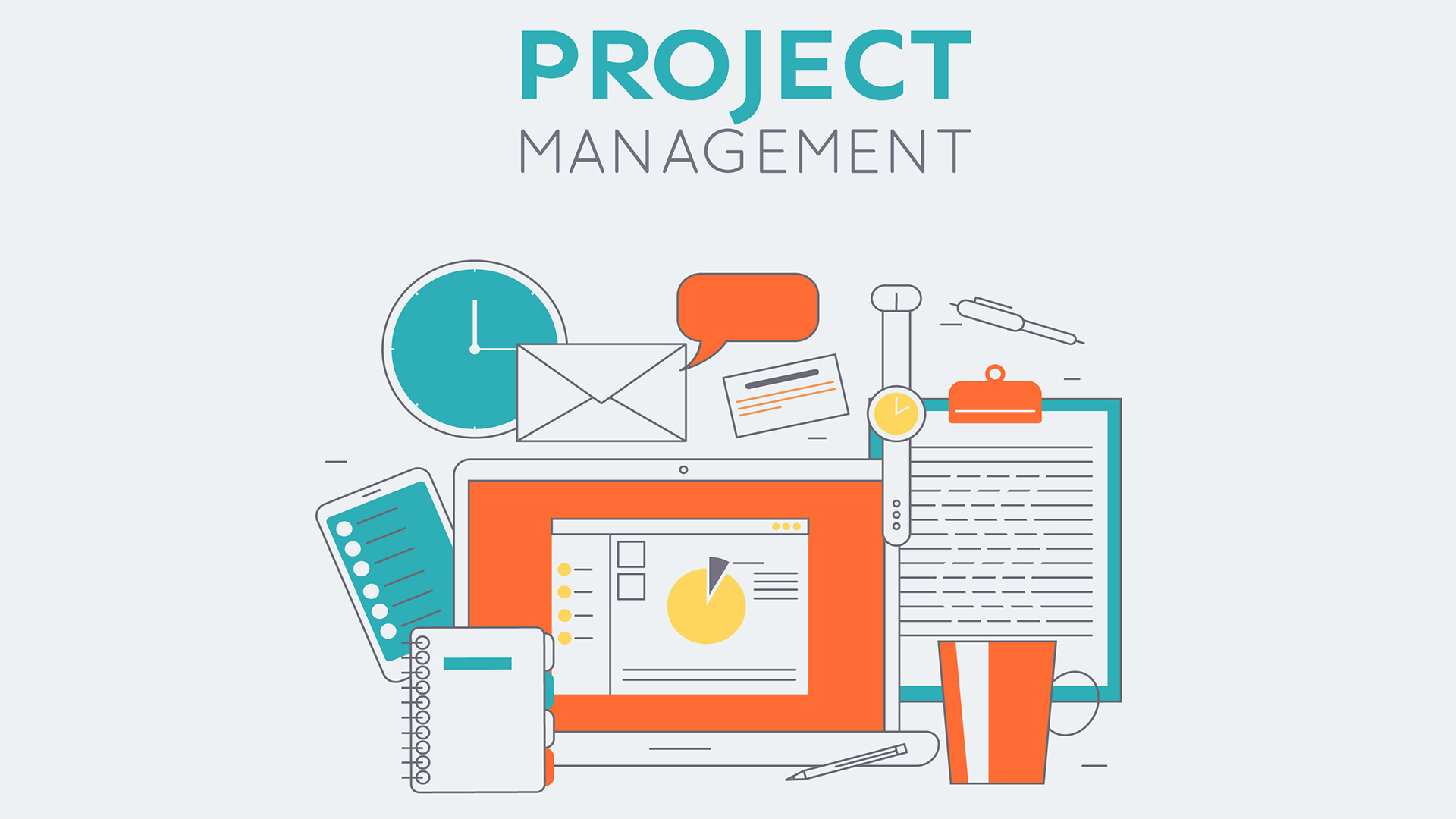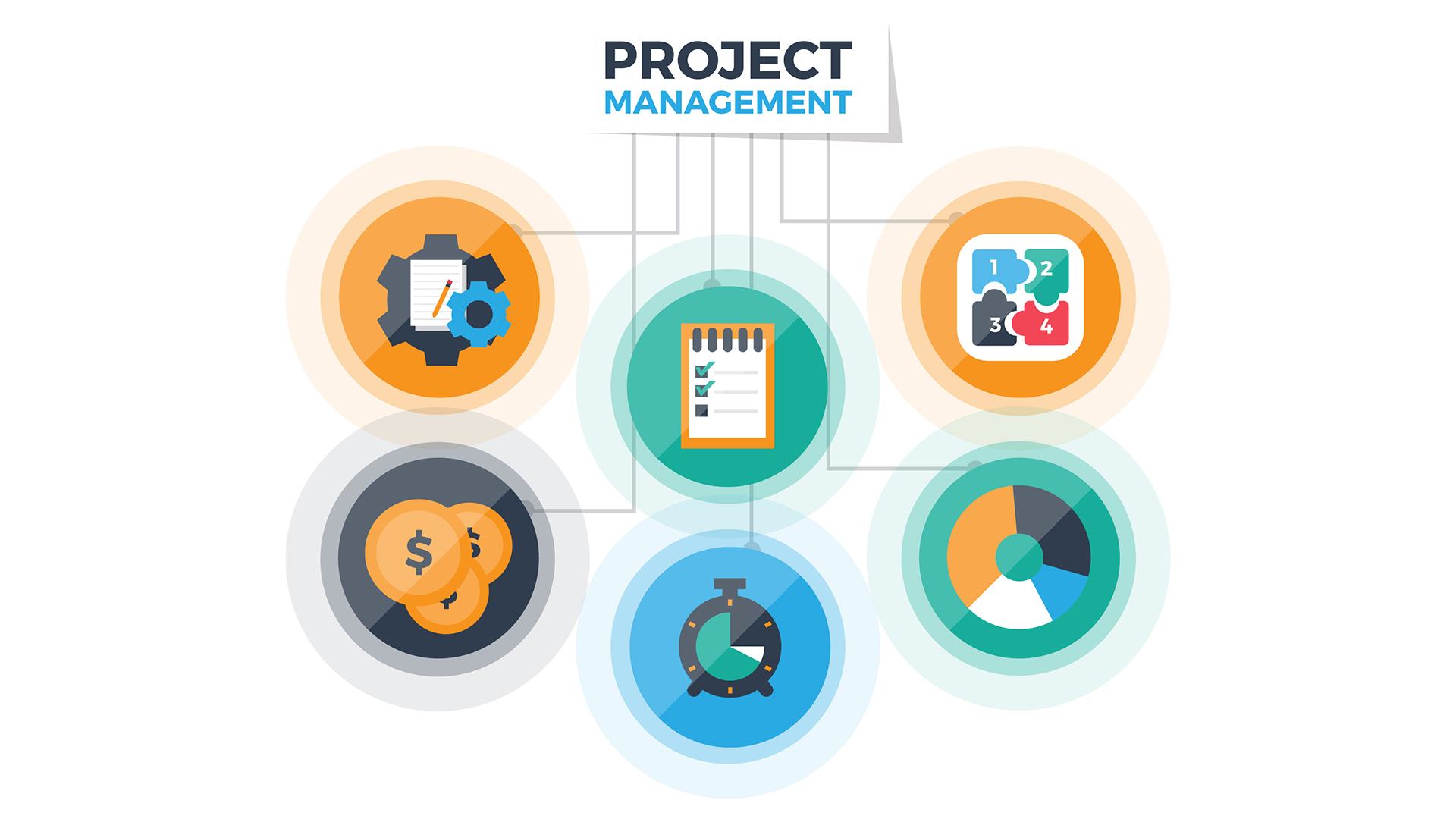
Project Management Power: Unlock Your Success
Course overview
When it comes to a project’s success and the expansion of an organization, project management is vital. Because of this significance, a project’s whole life cycle is carefully examined and controlled, with each stage being planned and determined in advance.
In order to minimize or totally eliminate any negative impact on the project’s timeframe and outcome, risks are also anticipated and promptly addressed. So, what exactly is project planning and control? In what ways do these vary from project management? In other words, while not the sole phases in project management, project planning and control are essential.
Project planning is a collection of predetermined procedures, methods, and actions carried out by a project team in order to support the project’s goals and provide sufficient attention to all elements during the project’s life cycle. It compiles the project cycle’s scope, schedule, budget, and other related elements.
In contrast, the control phase entails managing all tasks, KPIs, and measurements to guarantee that the project is on schedule, within budget, and meets its goals. It also regulates the occurrence and handling of hazards that might impede the advancement of the project.
Throughout the course of a project, the control phase is a continual, repeating activity. In order to get the appropriate data at the appropriate moment and make the appropriate decisions, project controls require the appropriate equipment, procedures, and human resources.
With the help of this Training Bee training course, you will gain all the project planning and control abilities you need to finish a project successfully, meeting all deadlines and goals.
Because of the systematic and planned approach to choosing the project path and achieving the required objectives, taking this course will equip you to manage projects of any kind, scope, or difficulty.
With the information and abilities gained from this course, you will be able to take on more challenging project management tasks and responsibilities. This will guarantee the successful completion of projects, which will promote professional advancement both within and beyond the company.
Introduction
Project planning and control, which offer the structure and resources required to lead a project from inception to successful completion, are essential components of efficient project management. These procedures guarantee that a project is efficiently managed, remains on track, accomplishes its goals, and yields excellent outcomes.
Project planning and control essentially go hand in hand to lay the groundwork for a project’s success. They offer the framework, techniques, and resources required to steer a project from inception to conclusion and guarantee that objectives are accomplished effectively and efficiently. Robust planning and control systems are essential components of modern project management, and their significance only increases with the complexity of projects.
We are The Training Bee, a global training and education firm providing services in many countries. We are specialized in capacity building and talent development solutions for individuals and organizations, with our highly customized programs and training sessions.
Learning Objectives
Upon completing Project Planning and Control, participants will be able to:
- Extensive expertise and understanding in project management and planning
- The necessary abilities to create a project plan or strategy that will establish the project’s course or trajectory
- Sufficient strategic and analytical abilities to match project goals and outcomes with organizational strategy, promoting organizational expansion
- The assurance and expertise to instruct other professionals in the company on efficient project management and planning
- The necessary awareness and foresight to identify risks and obstacles and implement corrective measures to minimize or completely eliminate their negative effects on the project’s outcome
- The capacity and expertise to take on challenging projects and successfully finish them, opening doors for prospects for more senior roles and responsibilities within the company
- The capacity and expertise to manage projects of any size in any industry or organization
Our Unique Training Methodology
This interactive course comprises the following training methods:
- Journaling – This consists of setting a timer and letting your thoughts flow, unedited and unscripted recording events, ideas, and thoughts over a while, related to the topic.
- Social learning – Information and expertise exchanged amongst peers via computer-based technologies and interactive conversations including Blogging, instant messaging, and forums for debate in groups.
- Project-based learning
- Mind mapping and brainstorming – A session will be carried out between participants to uncover unique ideas, thoughts, and opinions having a quality discussion.
- Interactive sessions – The course will use informative lectures to introduce key concepts and theories related to the topic.
- Presentations – Participants will be presented with multimedia tools such as videos and graphics to enhance learning. These will be delivered engagingly and interactively.
Training Medium
This Project Planning and Control training is designed in a way that it can be delivered face-to-face and virtually.
Course Duration
This training is versatile in its delivery. The training can be delivered as a full-fledged 40-hour training program or a 15- hours crash course covering 5 hours of content each day over 3 days
Pre-course Assessment
Before you enroll in this course all we wanted to know is your exact mindset and your way of thinking.
For that, we have designed this questionnaire attached below.
- Describe project planning and the role it plays in managing projects.
- Describe the main components of a project plan.
- Enumerate the advantages of well-planned projects.
- What is the project scope, and why is its precise definition so important?
- Explain how to define and manage the scope of a project.
- What effects might scope modifications have on the project as a whole?
- Why is the Work Breakdown Structure (WBS) utilized in project planning, and what does it mean?
- What role does a WBS play in project control?
Course Modules
This Project Planning and Control covers the following topics for understanding the essentials of the Agile Workplace:
Module 1 – Phases of Project Planning
- Idea generation and start
- Organizing
- Implementation
- Execution and observation
- Project termination
Module 2 – Important Assignments Managed by the Project
- Verifying scope and managing changes
- Cost management
- Quality assurance
- Reports on performance
- Risk mitigation
- Contract management
Module 3 – Crucial Components of an Outline
- Products
- Activities
- Resources
- Schedule
- Budget
Module 4 – Benefits of Project Planning
- Definite goal
- Evaluation of risks
- Benchmarks
- Allocation of Resources
- Dependencies on tasks
- Interaction
Module 5 – Essential Characteristics of Project Management
- Traits of a leader
- Interaction
- Be cautious.
- Taking emotions and intuition into account
Module 6 – Situations involving project control
- Realization issues
- Allocation issues
- Design issues
- Investigating issues
Module 7 – Techniques for Project Planning and Control
- Structure of work breakdown
- Chart using the PERT (Program Evaluation Review Technique)
- Gantt diagram
- Diagrams of causes and effects
Module 8 – Challenges in Project Planning and Control
- Management of Change
- Timetables
- Prices
- Conditions
- Interaction
Post-course Assessment
Participants need to complete an assessment post-course completion so our mentors will get to know their understanding of the course. A mentor will also have interrogative conversations with participants and provide valuable feedback.
- Explain the main components of a thorough project plan and how they affect the project’s outcome.
- How has the course affected your understanding of project planning?
- Talk about how crucial it is to precisely define and oversee the scope of a project.
- Describe the role that the creation of a Work Breakdown Structure (WBS) plays in project control.
- Think back to the WBS structure you created for a particular project. What difficulties did you encounter?
- Talk about project scheduling’s function in project management and how it supports project control.
- Based on the lessons you learned in the course, share your thoughts on how to handle scheduling problems or delays.
- After completing the course, how have you changed your perspective on resource management?
- Talk about the techniques you acquired for efficient management and distribution of resources.
Lessons Learned
Integrated Planning is Essential: When scope, timeline, resources, risks, and quality are all taken into account, project planning is at its most successful. Dependencies can be found and a comprehensive understanding of the project is ensured with the aid of an integrated plan.
Being flexible is crucial since rarely do projects turn out exactly as anticipated. Success in a project requires the capacity to adjust and modify the plan in real time. Being adaptable is crucial when faced with unforeseen obstacles.
Effective Communication Is Essential: The foundation of good project planning and control is effective communication. All parties involved are guaranteed to be in agreement through clear and open communication, which minimizes miscommunication and conflict.
Risk management is Proactive, Not Reactive: It is more efficient to identify and manage risks before they become problems rather than waiting for problems to happen. A strong risk management strategy aids in foreseeing and averting possible problems before they have an influence on the project.
Success is Driven by Stakeholder Engagement: It is essential to involve stakeholders at every stage of the project’s lifespan. Positive results and the success of the project are facilitated by knowing their expectations, communicating with them, and asking for their feedback.
Constant Monitoring Improves Control: To keep the project on schedule, regular monitoring and control systems are crucial. Timely corrective action is made possible by ongoing evaluation of performance, progress, and deviations.







